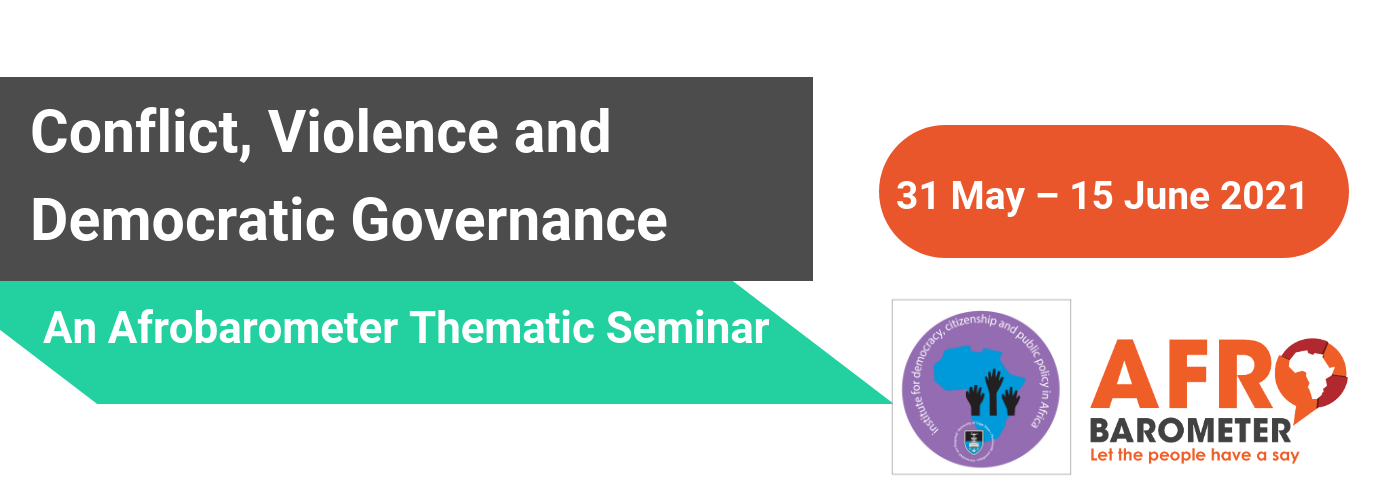News
European Nations Vow Continuing Security Support for Sahel – The Defense Post
Le Sahel, une région de plus en plus difficile à couvrir pour les journalistes – Le Monde
Sahel : « L’urgence, c’est de revoir l’ordre des priorités » – Le Point
Au Sahel, les dessous et enjeux d’une instabilité qui s’aggrave – Deutsche Welle
Au Sahel, les djihadistes mènent aussi une guerre de l’information – Le Figaro
Terrorisme: L’impact méconnu de l’opération Barkhane au Sahel – Sahel Intelligence
Mercenaires, marchands et militants au Sahel – Mediapart
Mali: polémique autour de la réforme territoriale dans le nord du pays – RFI
Réorganisation administrative et territoriale du Mali : La CMA se désolidarise du gouvernement – Maliweb
Climat socio-politique au Mali : l’accalmie avant une tempête annoncée – Maliweb
Mali: polémique sur une proposition de loi accordant des avantages aux anciens dignitaires – Maliweb
Resources
The Engagement of the United States in the Sahel – Policy Center for the New South & Formiche Magazine n•169
South-western Niger: Preventing a New Insurrection – Crisis Group
Comment les populations de l’Afrique de l’Ouest peuvent-elles tirer profit des réseaux sociaux ? – Watch recording of the WATHI debate here
Au Bénin, une trajectoire politique dangereuse – WATHI
Opportunities
Newton International Postdoctoral Fellowships (Deadline 16 Jun 2021 – 17:00 BST)

